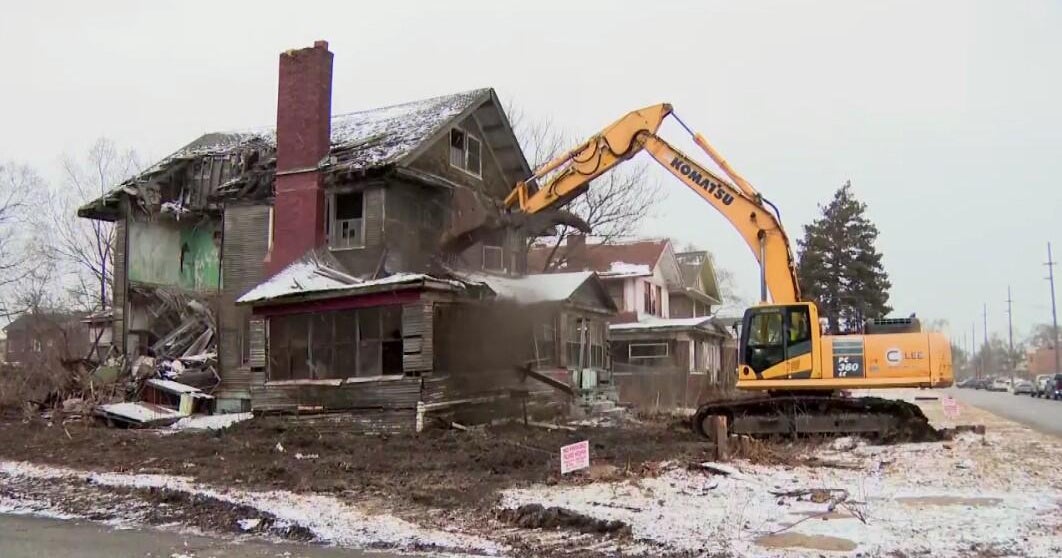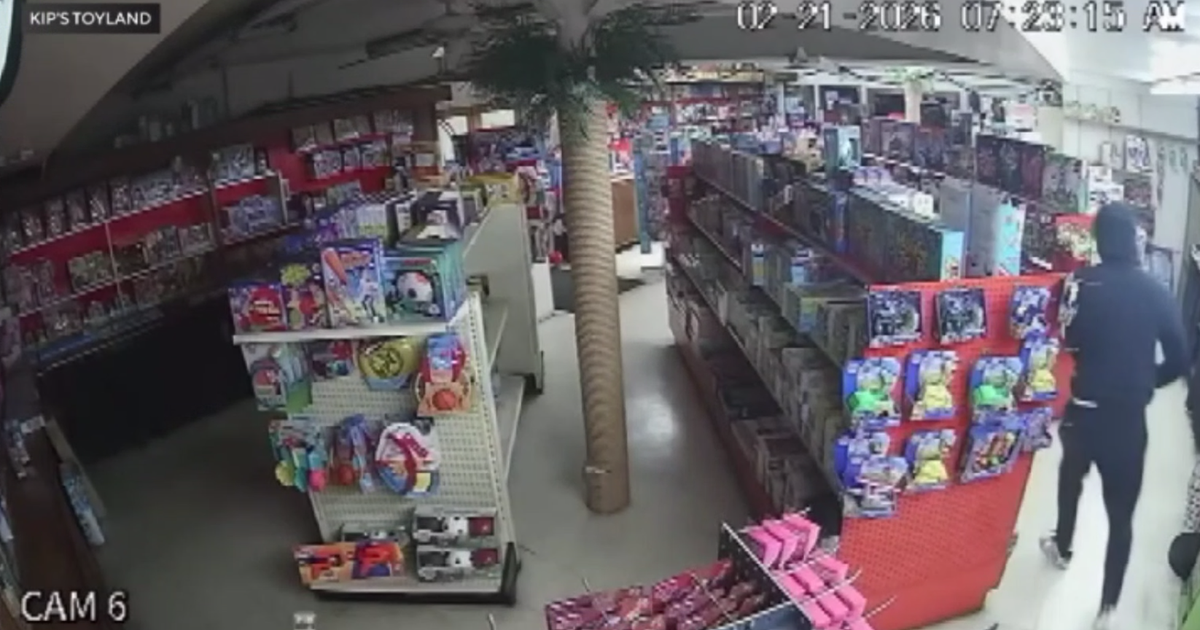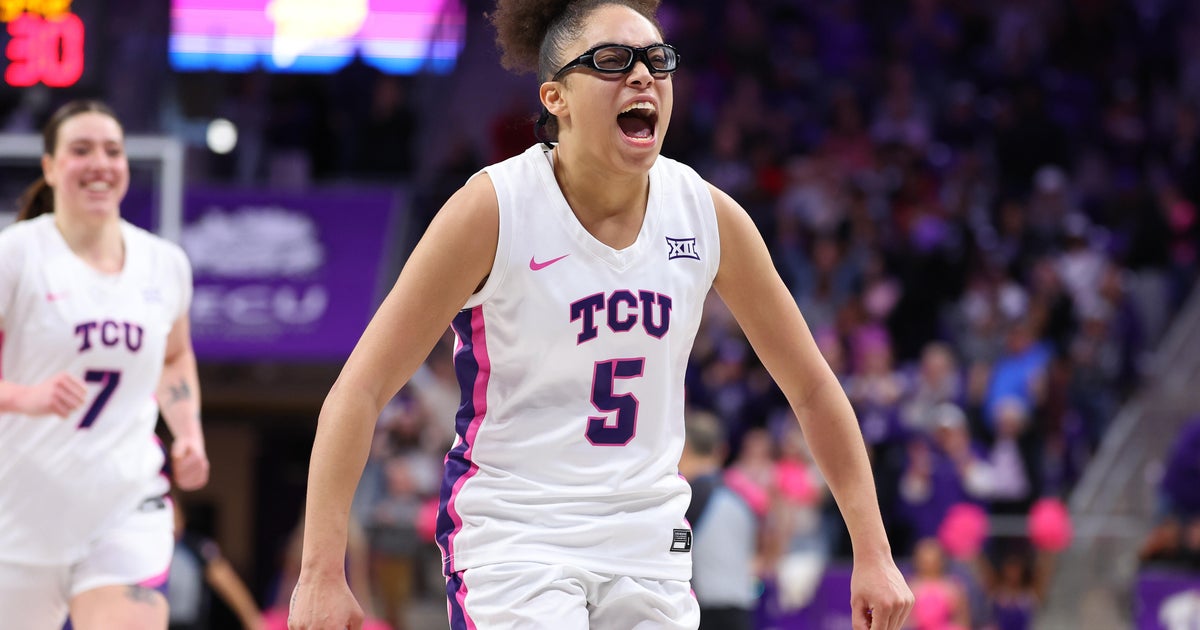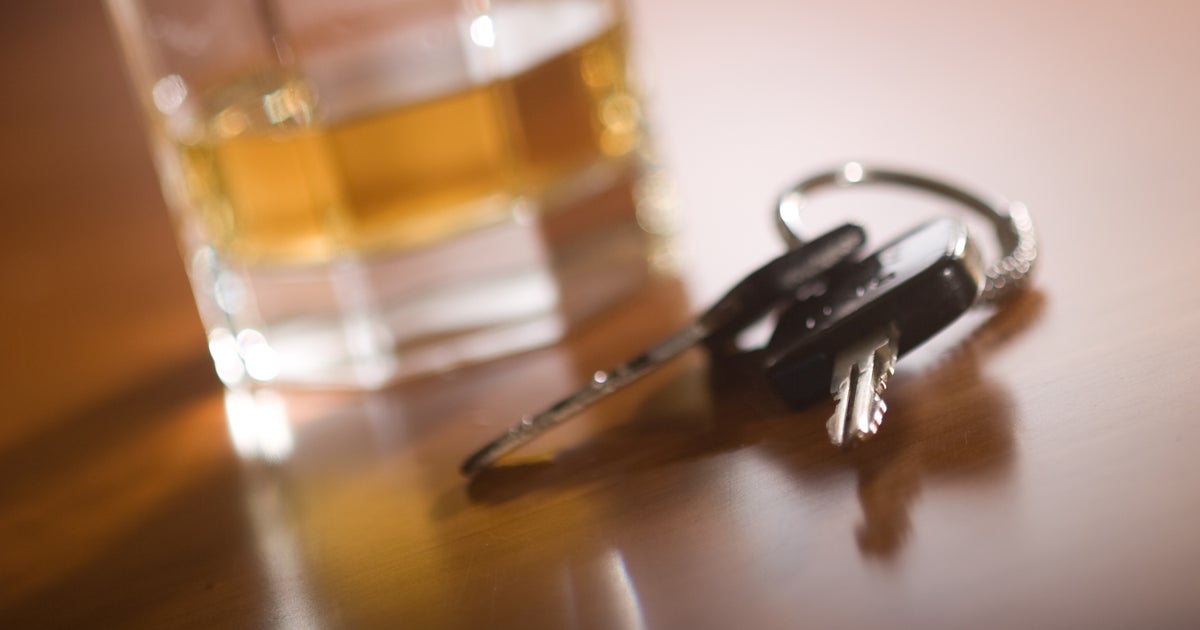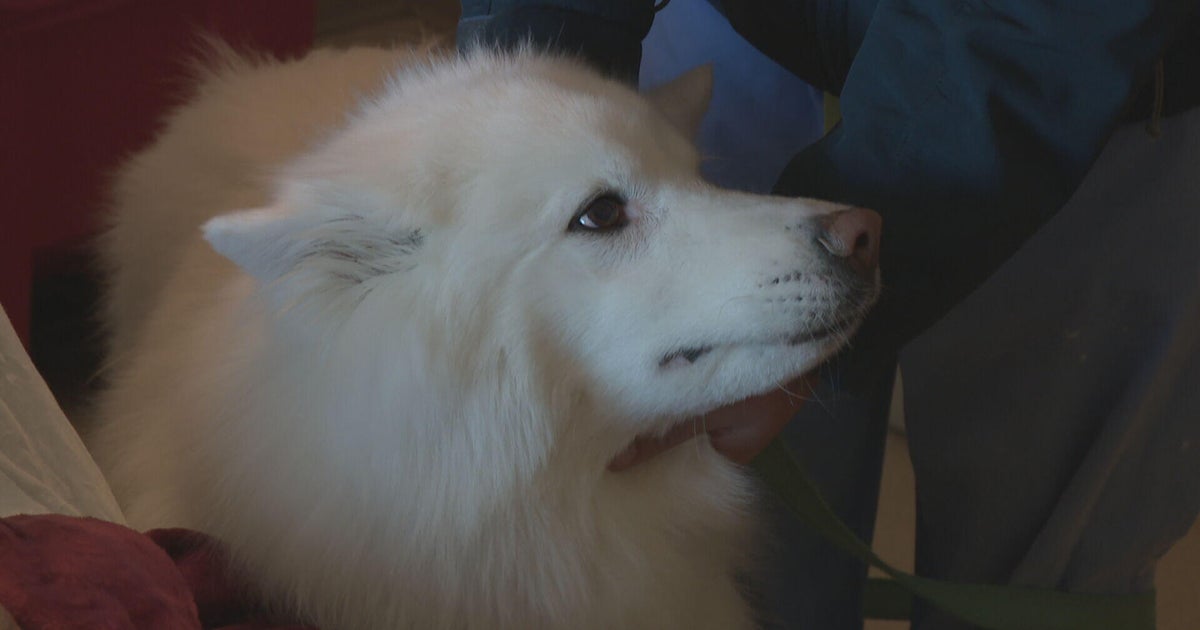Dolphins, Play-Caller Gase Last In NFL On 3rd Down
Follow CBSMIAMI.COM: Facebook | Twitter
DAVIE (CBSMiami/AP) — The plays Adam Gase is calling on third down aren't working.
Results on first and second down have been underwhelming, too, but third down is the biggest issue for the Miami Dolphins' sputtering offense under first-year coach Gase.
He took the job with a reputation as a play-calling wiz, thanks to success with Peyton Manning in Denver and Jay Cutler in Chicago. But the Dolphins (1-3) rank fifth worst in scoring at 71 points, largely because they're last in third-down conversions at 27 percent.
"We're a little bit off on some things," Gase said. "If we could just make the plays that are there, that's going to help us a lot."
A play caller's reputation is made on third down, Gase acknowledged.
"You're putting it on yourself," he said. "That's why sometimes as a play caller you get frustrated, because you're like, 'I need to hit the right number here and call the right play versus the defensive coordinator.' And sometimes when it's all not quite going right — you're calling the wrong play at the wrong time, we're not finishing, we're doing this wrong and that wrong — it just kind of snowballs on you."
In Gase's defense, third down is a problem that predates him. The Dolphins were third worst with a 31 percent conversion rate last year, when they finished 6-10.
This year Ryan Tannehill has a passer rating of 74.9 on third down, compared with 87.3 overall. He agreed with Gase that improvement is easily achievable, beginning Sunday against Tennessee .
"We've had third-and-manageable opportunities, and it's just simple things, nothing crazy," Tannehill said. "We make eight to 10 more plays on third down and we're in the top of the league. It's not major fixes. It's just a throw here, a catch here, a block here, and they add up. We just have to, as a group, play cleaner football and the conversions will come."
Maybe running back Arian Foster can make a difference. He returned to practice Wednesday after being sidelined with a groin injury, and his pass-catching skills could prove valuable on third down.
But a feeble ground game has been part of the problem. Foster and the other running backs are collectively averaging less than 61 yards per game, often leaving Miami in third-and-long situations.
Jarvis Landry hasn't been able to help much either, even though he's widely regarded as a top possession receiver and ranks second in the league with 31 catches.
"It's about winning the matchup and making the one-on-one play," Landry said. "For us, we just have to do that more."
Three-and-outs have been a particular problem, which is why opponents have an advantage of more than 10 minutes per game in time of possession. In last week's 22-7 loss at Cincinnati, the Dolphins had five three-and-outs in their first nine possessions, which netted a total of 20 yards.
"It's my history, as far as a lot of the offenses that I've been a part of, that if you get that first first down, you just feel like, 'All right, we're going to score now,'" Gase said. "When you have that kind of confidence, you can feel it among the coaching staff and the players."
Confidence is unlikely to rise until the Dolphins' conversion rate does.
(TM and © Copyright 2016 CBS Radio Inc. and its relevant subsidiaries. CBS RADIO and EYE Logo TM and Copyright 2016 CBS Broadcasting Inc. Used under license. All Rights Reserved. This material may not be published, broadcast, rewritten, or redistributed. The Associated Press contributed to this report.)
